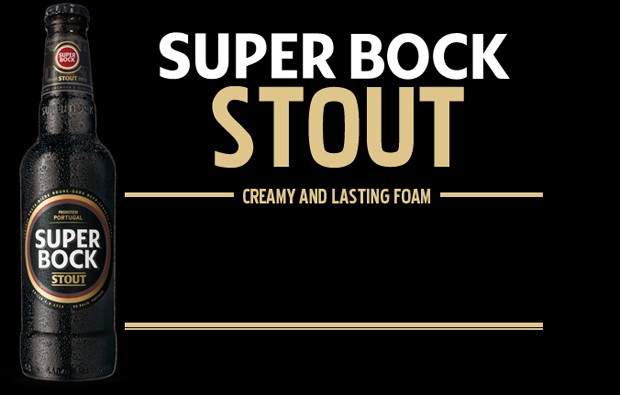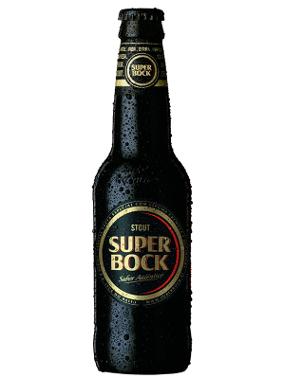AN UNLIKELY MARRIAGE OF STOUT PROPORTIONS
The connection between the Portuguese and the British goes back a long way.
Wars against the French in the past strengthened this bond, and mutual support has existed ever since.
This led some to see the commercial possibilities that existed there, especially in the North of Portugal around the Douro Valley, with for example Warre & Co. establishing their Port Wine business in 1670. In fact a third generation Warre, William, was a Lieutenant General who served during the Peninsular War.
Wellington too was very fond of Port and had it regularly supplied too during his campaigns.
Families such as the Warre's were by no means alone, and a number of other merchants saw the export potential of sending the now highly improved fortified wine to Britain - and the demand was high.
Names familiar today, such as Cockburn's, Croft, Graham's, Offley and Taylor's all have their lodges in Villa Nova de Gaia, across from Porto, where wine is matured and blended and acts as a permanent reminder of the British trading connection.
So what then of the beer heritage has there been any crossover here that still survives?
Portugal, like so much of Europe in general was heavily influenced by the coming of lager.
After its origins in Pilzen in 1842 it swept through most of Europe on a wave of popularity, and those countries that enjoyed a more Mediterranean climate found this type much to their liking!
Today two major brands of Portuguese beer predominate Sagres (established in 1927) and Super Bock (in 1934) They (along with Coral) account for some 90% of the home market.

